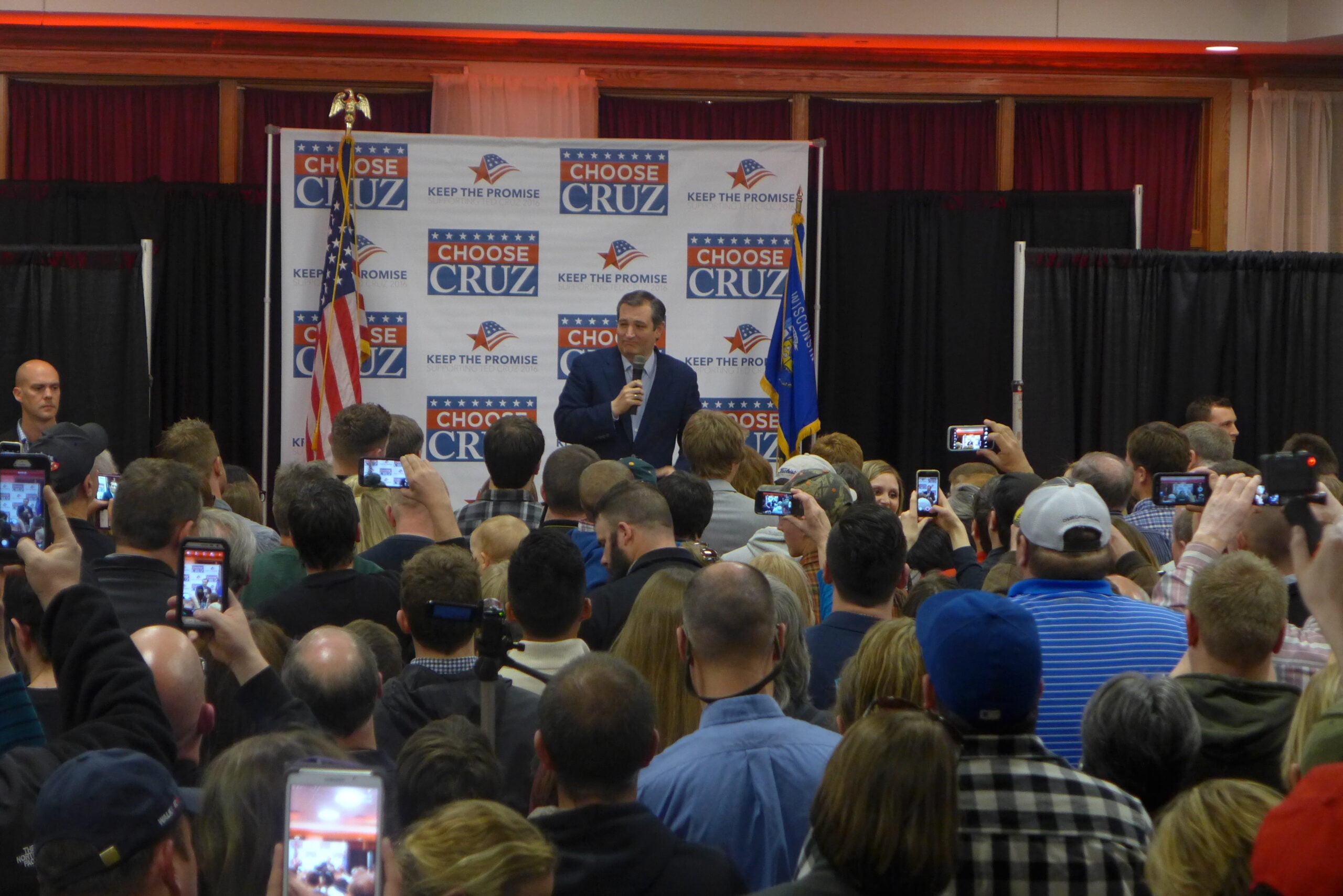
Political Heavyweights Cruz and Vance Bet Big on Texas-Ohio Showdown
Clash of the Titans in the Heart of America
Two of the Republican Party's most formidable contenders, Ted Cruz and Josh Mandel, are squaring off in a high-stakes showdown in Texas and Ohio, setting the stage for a potential power shift within the GOP.
Cruz's Texan Roots vs. Vance's Ohioan Appeal
Ted Cruz, the incumbent senator from Texas, is a firebrand conservative with a national profile. His deep ties to the Lone Star State and his unwavering support for President Donald Trump have solidified his support among Texas Republicans.
Josh Mandel, a former Ohio state treasurer and Marine veteran, presents a contrasting profile. He has cultivated a more moderate image, appealing to both traditional Republicans and independent voters. His focus on economic growth and job creation resonates with the blue-collar communities of Ohio.
Battleground Texas
Cruz's dominance in Texas is undeniable. He won the 2016 Republican primary with a whopping 85% of the vote and has maintained a strong presence in the state since then. However, Mandel is attempting to make inroads in Texas by emphasizing his support for the military and his opposition to illegal immigration, issues likely to resonate with conservative voters.
Mandel's campaign has invested heavily in television advertising in Texas, as well as grassroots organizing efforts. He has also gained the support of several prominent Texas Republicans, including former congressman Pete Sessions and former Lt. Governor Dan Patrick.
Ohio's Contested Landscape
In Ohio, Vance is considered the frontrunner in a crowded primary field. He has the backing of former President Trump and has established himself as a master of social media campaigning. His message of "America First" nationalism and his opposition to woke culture have made him a popular figure among a vocal segment of the Republican base.
However, Vance faces a formidable challenge from several other candidates, including Mike Gibbons, a businessman and political newcomer. Gibbons has spent millions of his own money on his campaign and has sought to portray Vance as a carpetbagger who is out of touch with Ohio's concerns.
National Implications
The outcome of this Texas-Ohio showdown will have significant implications for the Republican Party as it prepares for the 2024 presidential election. Cruz's victory would further solidify his status as a leader of the party's conservative wing, while Mandel's success could signal a shift towards more moderation.
Vance's triumph in Ohio would elevate his national profile and make him a contender for a cabinet position or even the vice presidency. However, a loss in his home state could dampen his political aspirations and weaken Trump's influence on the party.
Critical Perspectives
Critics of Cruz and Mandel argue that both candidates represent outdated and divisive ideologies. They argue that Cruz's extreme conservatism is out of step with the majority of Texans, while Mandel's embrace of Trumpian rhetoric alienates independents and moderate Republicans.
Others contend that the primary focus on these two candidates ignores the broader challenges facing the Republican Party, such as its declining appeal among younger voters and its increasing rural-urban divide. They argue that the party needs to adopt a more inclusive and forward-looking approach to remain relevant in the future.
Conclusion
The Texas-Ohio showdown between Ted Cruz and Josh Mandel is a pivotal moment for the Republican Party. The outcome will shape the party's direction, its ability to win future elections, and its relevance in the American political landscape. As the candidates engage in a fierce battle for supremacy, the implications will be felt not just in those two states but across the entire nation.
Disclaimer: The views expressed in this article are solely those of the author and do not necessarily reflect the opinions of any other individual or organization.
Post a Comment